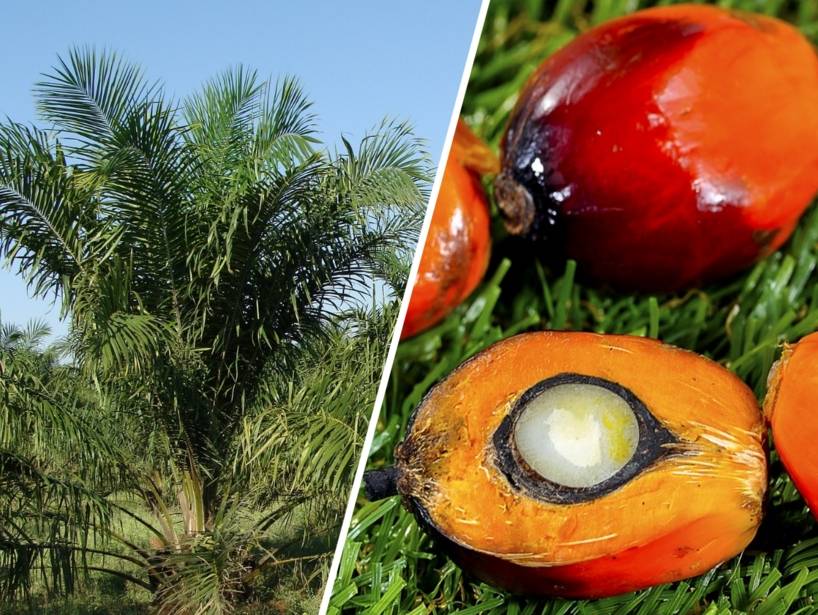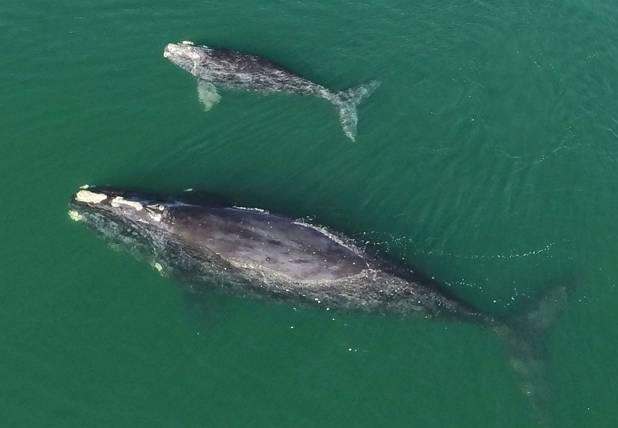In the near future, the EU will only import raw materials and products that have been produced without deforestation. This includes products like palm oil, which are primarily sourced from Indonesia and Malaysia. These countries feel that they are being discriminated against.
Herzuza Dongking, along with 440,000 other small farmers in Malaysia, harvests 15 tons of palm oil each month, upon which her income depends. As a 43-year-old farmer, she cannot comprehend why palm oil has received such a negative reputation in Europe. She believes that Europe should adopt a more open-minded approach, as the palm oil industry is a significant contributor to their economy. Rather than imposing roadblocks, Europe should offer support in the development of palm oil production.
Large plantations and monocultures
However, the continuous cultivation of monocultures, which necessitates the clearing of rainforests time and time again, is no longer supported by the EU. Initially, palm oil was added to the red list for biofuels by Brussels. Now, in the summer, a new regulation is set to be introduced that will stipulate that palm oil can only be sourced from plantations that have not cleared any further forests after 2020.
Germany is leading the effort.
“As the German government, we fully support this regulation,” said Claudia Müller, State Secretary at the Federal Ministry of Food and Agriculture. “We have worked diligently to ensure its implementation. We are committed to fulfilling our obligations under the Paris Climate Agreement, which includes protecting our forests.”
This also aligns with the United Nations’ Sustainable Development Goals, added the Green Party politician.
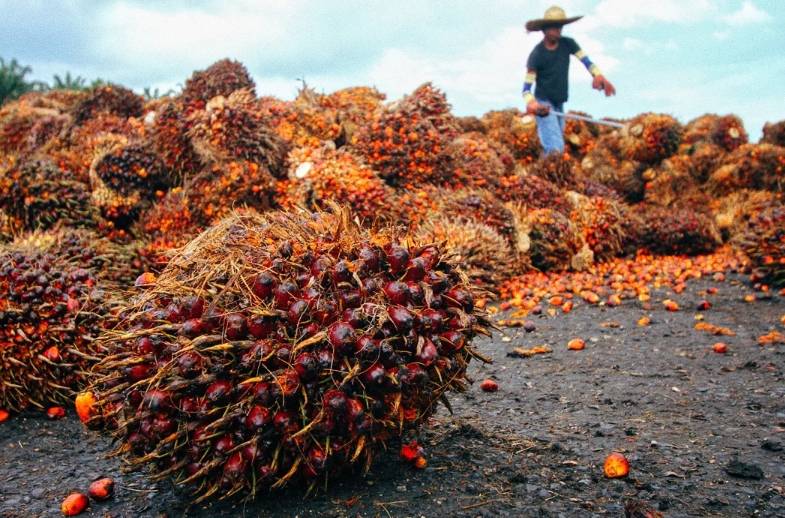
Support for Europe’s vegetable oils?
However, the government in Kuala Lumpur is infuriated and is considering prohibiting exports in response. As the second-largest producer of palm oil in the world, after Indonesia, Malaysia is heavily impacted by these new regulations.
According to Ahmad Kadir of the Malaysian Palm Oil Board, there may be ulterior motives at play. He believes that the Europeans are solely interested in protecting their own vegetable oils, making the regulation hypocritical. After all, the Europeans have cleared their forests for monocultures for centuries.
“In contrast, Malaysia still has over 50 percent of its land covered in forests,” Kadir added.
Kadir suggests that before urging other countries to halt deforestation, citing the need for their rainforests to offset high emissions, the European Union should take action to address its own carbon footprint. He believes that it is unfair for the EU to pressure palm oil-producing countries that are not the biggest emitters.
“The countries producing palm oil and facing this type of pressure are often not the ones with the highest emissions,” Kadir remarked.
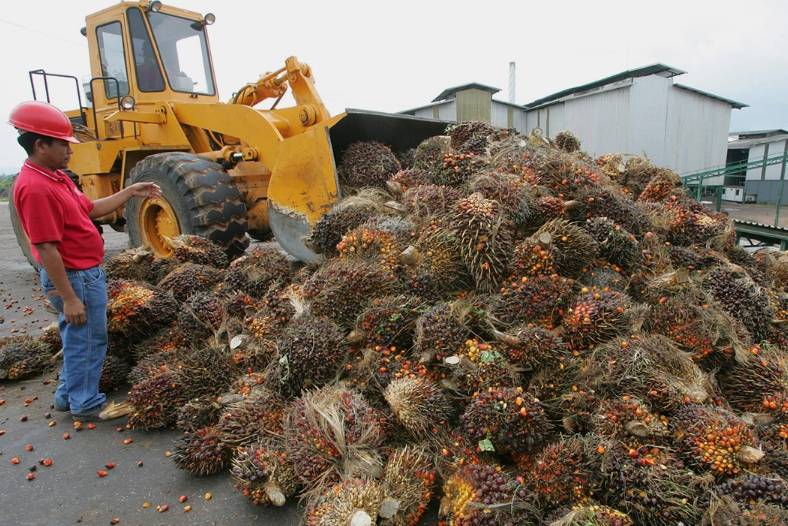
Alternatives in protecting the forest
On the other hand, forestry scientist and environmental activist Teckwyn Lim believes that the EU’s regulation to safeguard rainforests is sound in principle. However, he also states that Europe is putting itself at risk if only tropical oils, as planned, are covered by the regulation, and not European crops.
Regardless of whether the regulation is deemed fair or not, Lim suggests adopting a forward-looking approach. He suggests that the Europeans create a program to reward countries that provide special protection to their forests. This could take the form of additional aid money, guaranteed access to the European market, or some form of premium price.
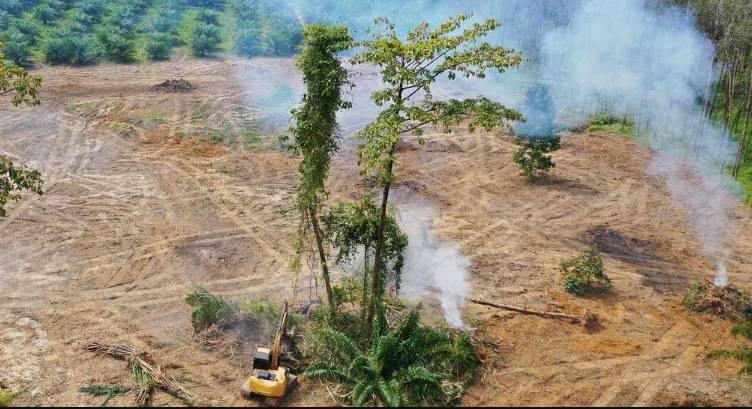
“We have to see where we are left”
Palm oil farmer Dongking is hopeful for a positive outcome. The European market is still very significant to the industry. However, since 2015, palm oil exports to the EU have decreased by 40%. Conversely, exports to China are on the rise. The farmer says:
“We want to sell our palm oil. We have to assess where we stand and see who is willing to cooperate with us and where we can export to.”
In the dispute over the red oil crop, the world’s two largest exporting countries are now planning to send emissaries to Brussels. They will be forthright in their discussions with the EU.

